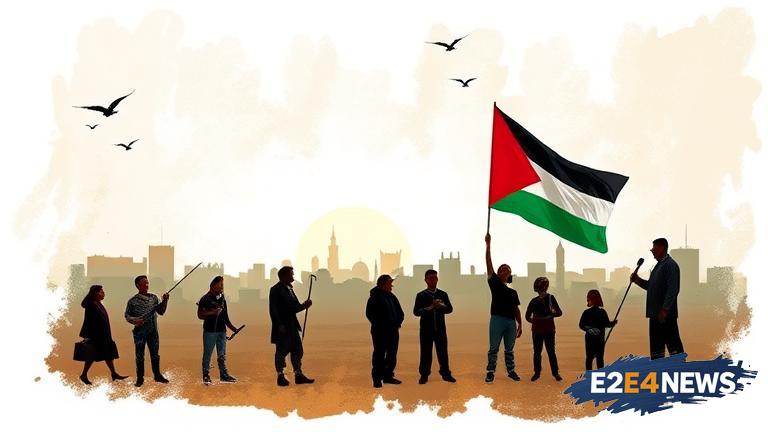The Gaza conflict is a longstanding and deeply complex issue, with roots dating back to the early 20th century. The conflict is between Israel and the Palestinian people, with Gaza being a key area of contention. As a parent, it can be challenging to explain this issue to children, especially when they ask difficult questions. It’s essential to approach the conversation with sensitivity and honesty, acknowledging the complexity of the issue. Start by explaining the basic facts, such as the history of the conflict and the current situation. Be careful not to take sides or promote a particular agenda, as this can be confusing and misleading for children. Instead, focus on promoting empathy and understanding for all parties involved. It’s also important to discuss the human impact of the conflict, including the suffering of innocent civilians and the importance of humanitarian aid. Children may ask about the role of other countries, such as the United States, and how they are involved in the conflict. Be prepared to explain the different perspectives and interests at play, and how these can influence the situation. As the conversation progresses, it’s crucial to listen to your child’s concerns and questions, and to address them in a clear and concise manner. Avoid using jargon or technical terms that may be unfamiliar to children, and instead use simple and straightforward language. It’s also important to reassure your child that they are safe, and that the conflict is not a direct threat to them. However, it’s also important to acknowledge the gravity of the situation and the need for ongoing efforts to resolve the conflict. By approaching the conversation in a thoughtful and empathetic manner, parents can help their children develop a deeper understanding of the Gaza conflict and its complexities. Additionally, parents can encourage their children to think critically about the issue, and to consider multiple perspectives and viewpoints. This can help children develop important skills, such as empathy, critical thinking, and problem-solving. Furthermore, parents can use this opportunity to teach their children about the importance of peace, justice, and human rights, and how these values can be applied to real-world situations. Ultimately, the goal is to help children develop a nuanced and informed understanding of the Gaza conflict, and to encourage them to become active and engaged global citizens.
